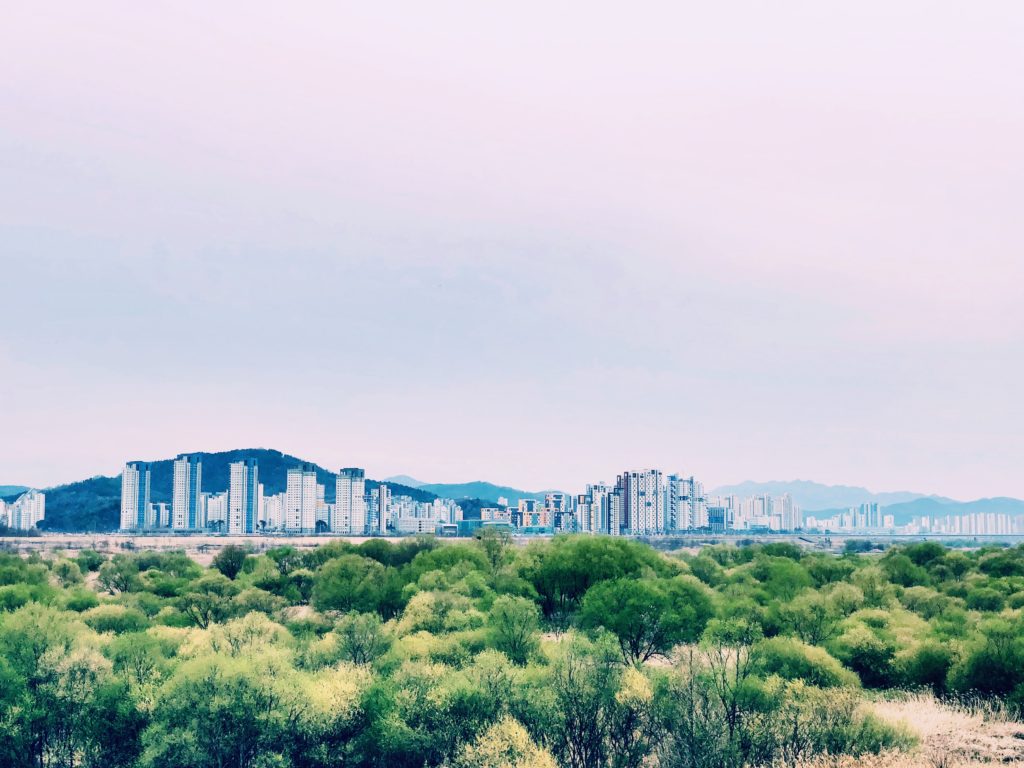The Peninsula
Ruling Party Pushes to Relocate Nation’s Capital
Published August 4, 2020
Category: South Korea

This briefing comes from Korea View, a weekly newsletter published by the Korea Economic Institute. Korea View aims to cover developments that reveal trends on the Korean Peninsula but receive little attention in the United States. If you would like to sign up, please find the online form here.
What Happened
- The ruling Democratic Party reintroduced a proposal on the floor of the National Assembly to relocate the presidential office, the National Assembly, and other government offices from Seoul to the administrative city of Sejong.
- An earlier version of the plan had been ruled unconstitutional by the Constitutional Court in 2004.
- According to a poll conducted by the Democratic Party, 62 percent of respondents supported the relocation proposal, while 33 percent were opposed. The remaining five percent did not answer.
Implications: The government may choose to pursue policies with economic framing that attract popular support even if they carry adverse legal precedents. Widespread public backing for the relocation of the capital comes as South Korean citizens express growing frustrations with rising real estate prices in Seoul. In response, the ruling party explicitly advanced the proposal to elevate the political standing of Sejong City as a means to stabilize housing costs in Seoul. Building on the hypothesis that real estate prices in the capital region are weighed down by too much demand, the government also announced new plans to add more units to the housing supply.
Context: The Democratic Party maintains that the relocation of key state institutions to Sejong City is a longstanding policy priority of the progressive wing. Former President Roh Moo-hyun tried to push for a new administrative capital in the Chungcheong region as a way to address South Korea’s growing urban-rural divide. Even though he was unsuccessful in moving the entire central government, Roh managed to relocate most of the ministries and agencies to the newly-founded planned city of Sejong. Also echoing their past positions, the conservative opposition maintains that the relocation of the capital diverts the public’s attention from the government’s housing policy failures.
Korea View was edited by Yong Kwon with the help of James Constant and Sonia Kim.
Picture from flickr user Byeong Min Park
